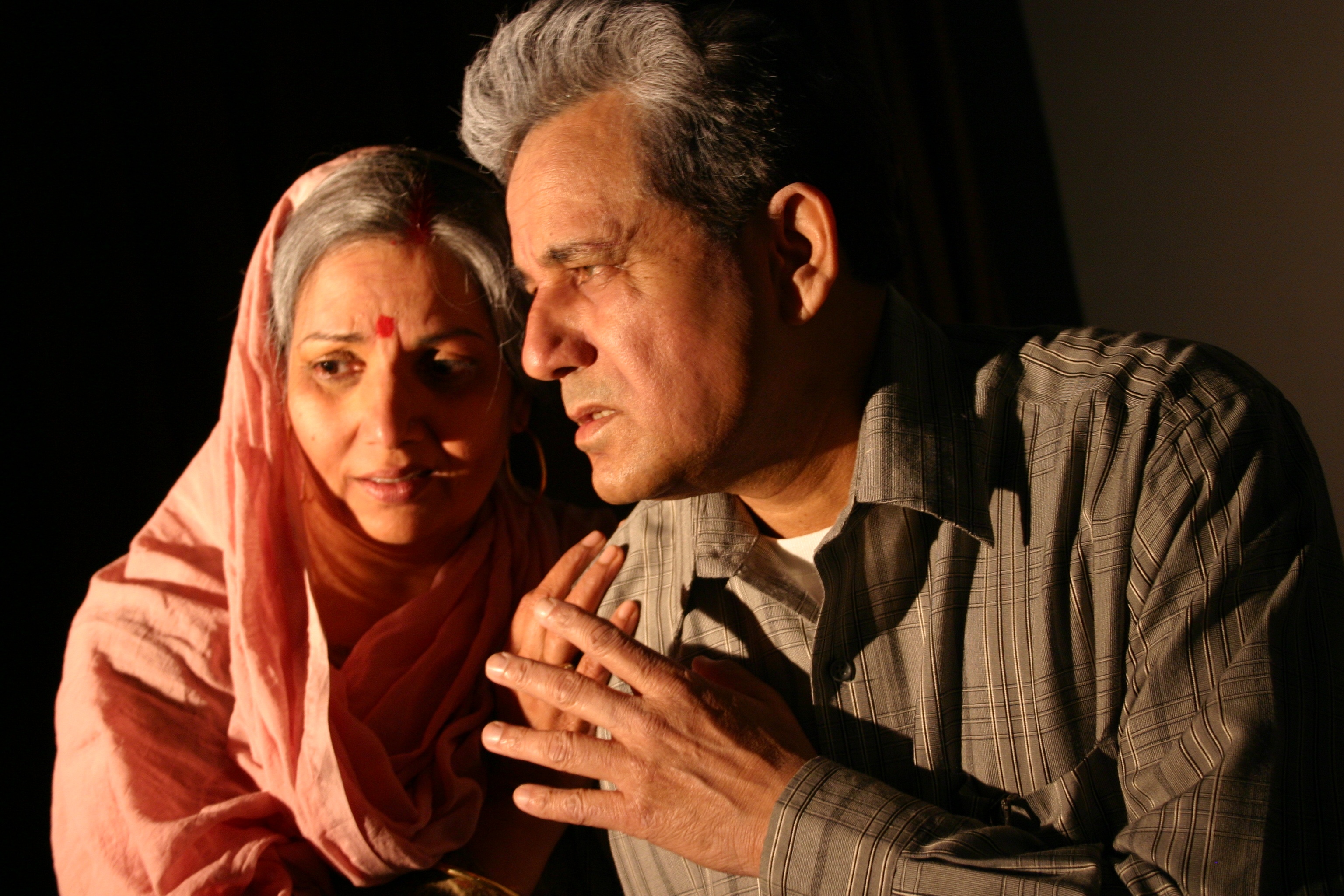by Indu Partha, @InduPartha
It was rather disconcerting for me to discover that my parents and in-laws were getting old. My husband and I find ourselves simultaneously encouraging our children’s quest for independence while worrying about our parents’ potential dependence. Our age-matched peers are experiencing similar dilemmas and I have had any number of patients also dealing with aging parent issues. It is interesting to note how different families tackle the question of how best to take care of Mom and Dad in their senior years.
Growing up in Indian families, my husband and I have always assumed that when our parents reached a certain age, or level of disability, we (along with our siblings) would step forward to help. I will admit—that is far as we have gotten. I am one of three kids and my husband is one of four. The logistics of who Mom and Dad will move in with (and when) hasn’t really been discussed. A lot of factors have probably contributed to not discussing the elephant in the room.
As “ugly” as it is to mention, it costs money to care for 2 adults. If either parent has health issues, costs can multiply. It is difficult to decide what the best financial arrangement is when caring for aging (and usually retired, on-a-fixed-income) parents. Who has the space and the resources to house 2 more people? If the parents stay with sibling x, who should pay for the ticket for them to visit sibling y? Speaking of traveling between siblings: should time be split between the siblings to both divide responsibility and share the joy?
Honestly, I don’t think the members of our parents’ generation are chomping at the bit to live with any of their kids. They no more cherish giving up their independence than their children relish giving up their privacy. Our parents don’t want to impose on their kids, or be dependent on people whom they have spent their whole lives caring for and worrying about. Traditionally, joint families have been the norm in India; different generations have co-existed peacefully (and oftentimes not so peacefully) for many years. It is interesting to note, though, that the typical arrangement was for a son and daughter-in-law to move in to Mom and Dad’s home. And Mom/Mother-in-Law was queen. The women of our parents’ generations, who already have paid their youthful dues having to follow their mother-in-law’s house rules, may not be excited about spending their old age listening to their daughters and daughters-in-law.
Though the concept of “old age” homes is becoming more popular in India, there is still a cultural taboo of putting Mom and Dad in “a home.” The thoughtless children would be a grave disappointment to their community, while Mom and Dad would be the recipients of lots of sad head-shaking, pity, and gossip. I have many non-desi patients who live active happy lives in retirement communities and assisted living facilities, who join their neighbors for rounds of golf and happy hours. I suspect, however, that most of our immigrant parents spent too many hours working and saving for their kids’ education to brush up on their golf game. The Sun City golf and tennis retirement communities would likely be a poor fit for many desi senior citizens.
The more I stew over this topic, the more I realize that there is no one right solution that will suit every person’s needs, wants, and hopes. What works for Radha may be a failure for Rani. The key, I think, like in most every situation, is honest and open communication between parents and children. It is silly not to acknowledge that aging is a tough process. Age takes a toll on physical health, strength, and stamina, and many times on self-sufficiency. It is okay to ask and offer help, but decisions need to be made together. Expectations need to be discussed from the outset, and potential issues and conflicts need to be anticipated honestly from the get go. Responsibilities need to be divided and shared so that no one individual or family feels overburdened. In the end, I think we all want to do right by our parents, just like they did by us. Unfortunately, it takes more than just good intentions when it comes to charting a game plan that will keep all involved parties feeling happy, respected, and cared for.
Do you have a plan? Share with us in the comments section.
Indu Partha grew up in Southern California with roots in Tamil Nadu. She is a Stanford grad working as an internist with 3 kids, 1 husband, while trying her darndest to have an identity of her own while doing the caretaking thing…patients, hubby, kids! You can follow her on Twitter at @InduPartha



 Ringing in Change: Sakhi’s Historic Achievement
Ringing in Change: Sakhi’s Historic Achievement Good Indian Girl, Sort Of: Sonya Soni
Good Indian Girl, Sort Of: Sonya Soni Ambika Mod Makes Us Bawl Our Eyes Out in ‘One Day’
Ambika Mod Makes Us Bawl Our Eyes Out in ‘One Day’